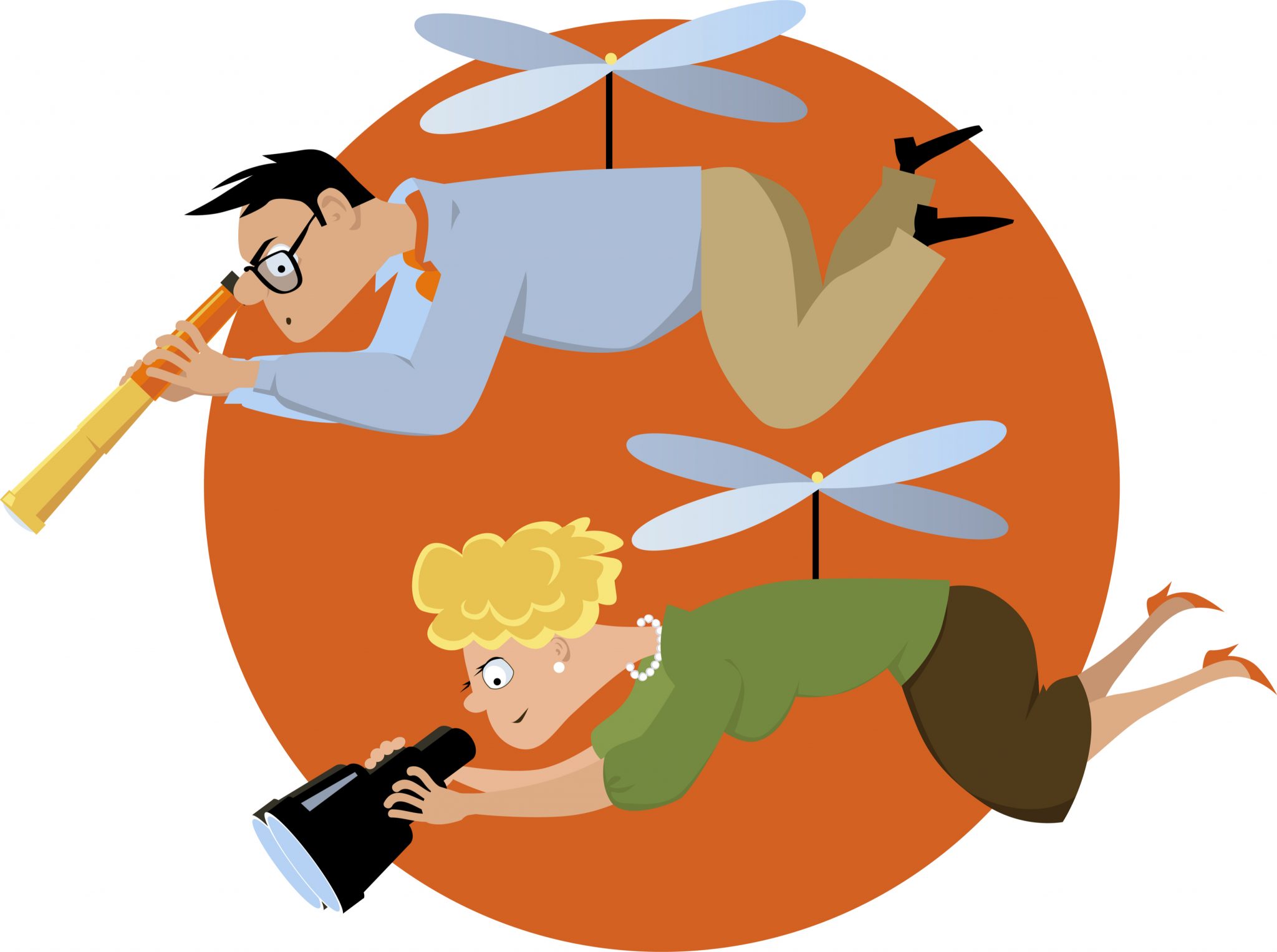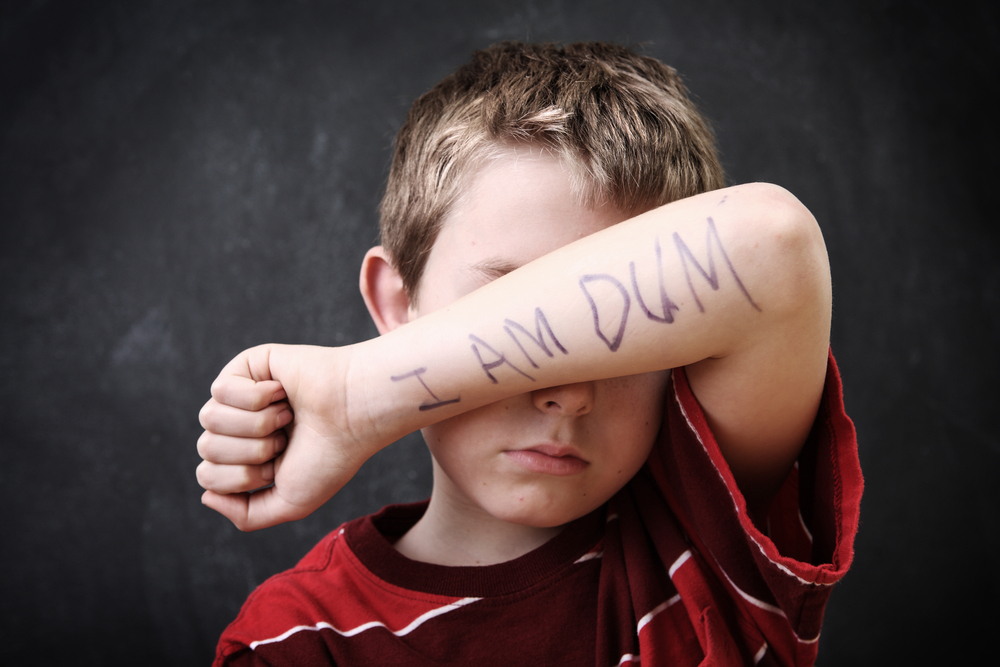Every parent wants their children to be the best in everything.
Today, we live in an increasingly competitive world. There are many cases of college graduates who excelled in school struggle to get jobs, and even have to starve themselves in order to survive with low income. It’s no wonder that so many parents now find themselves micromanaging their children. They don’t want their kids suffer in the future, so they’ll do anything to give their kids an advantage.
This is how the term helicopter parents came into use. This term was first used in Dr. Haim Ginott’s 1969 book Parents & Teenagers by teens who said their parents would over them like a helicopter. Similar terms include lawnmower parenting, cosseting parent, or bulldoze parenting. According to Carolyn Ditch, Ph.D., director of the Center for the Treatment of Anxiety Disorders near Detroit, helicopter parenting refers to a style of parents who are over focused on their children.

Here are some examples of helicopter parenting:
- You talk to your child’s professor in college about her poor grades.
- You do your child’s homework.
- You stick with your kids even if it is a short walk away.
- You hold the responsibility for all your child’s house chores.
- You don’t allow them to make age appropriate choices
How parents become helicopter parents
You may be following this parenting style knowingly or unknowingly—you may just want to protect your children and give them everything. Subconsciously, you might be having more than one reason for doing so, such as:
- Fear of terrible outcomes.
You worry about your child’s possible failures. This may caused by your past experience, and you don’t want it to happen to your child. You believe that your involvement can help your child avoid failures or disappointment in life. However, when the parent directs the child’s behavior and does not give any space and alone time, it could lead to stress, lack of coping skills, low self-esteem, unhappiness, and struggle in children. - Anxiety
Worries about the world in general, especially during the time children live outside their home (for college or work) can push parents toward taking more control over their child’s life in an attempt to protect them. - Peer pressure
When parents see other parents successfully raised their children with that type of parenting, it can trigger a similar response. Parents can easily feel that if they don’t immerse themselves in their children’s lives, they are bad parents.
The effects of helicopter parenting
Helicopter parenting brings good parenting skill to the extreme, where it is no longer helpful or beneficial in the long run. Though this parenting has some advantages for the child like increased emotions of love and acceptance, it has got its downsides:

Decreased confidence and self-esteem
If a child’s grades are being earned by projects completed entirely or even partially by their parents, the child can’t feel confidence in their own abilities. If their parents are helping so much along the way, that child can feel that their parent is helping them because perhaps they are not capable of earning decent or acceptable grades. Their parents stepping in to help all the time undermines the confidence they may have in their own abilities.
Undeveloped coping skills
Studies have found that helicopter parenting can make children feel less competent in dealing with the stresses of life on their own. If the parent keeps managing their child’s affairs, or prevents the problem in the first place, how does the child ever learn to solve their own problem? Previous studies show that children who are nurtured under helicopter parenting style are more likely to face serious problems in life.
Increased anxiety
A study from the University of Mary Washington has shown that overparenting is associated with higher levels of child anxiety and depression.
Sense of entitlement and rebel tendencies
Children who are raised with helicopter parenting style are more likely to develop a sense of entitlement that leads to having their own way of leading a protected life. They might even develop a tendency to become rebels against their own parents, because they feel like they’ve never been given a room to act and make decision freely.
Lack of life skills
Lack of life skills is possibly the most damaging result of over parenting. Life skills are far more important and critical than academic skills. Parents who do all the work for their children may snatch away a child’s ability to develop life skills.
Avoiding helicopter parenting

Here are a few guidelines that can help you avoid becoming a helicopter parent:
- Listen to your child’s wants and desires, rather than imposing your goals and wishes on him or her. Listening to your child encourages independent thought and critical thinking, and also helps you avoid a common downfall of helicopter parents: imposing your values on your child.
- Don’t hover over your child. Don’t tie your 6-year-old’s shoes when they can tie their own, or dress them when they can dress themselves. It’s also not a good idea to talk to her teachers incessantly, or answer all your child’s questions so she doesn’t have to think of answers for herself.
- Don’t focus on your child morning, noon, and night, imagining all the worst outcomes. Don’t look for evidence to confirm your worst fears about your child.
- Don’t raise your child to expect treatment that is different from, or better than, the treatment other children receive. Let their ability brings them to the place they deserve to be.
- Allow your child to face natural consequences for their actions. Don’t allow a child to stay home sick just because she or he didn’t timely complete a school project.




